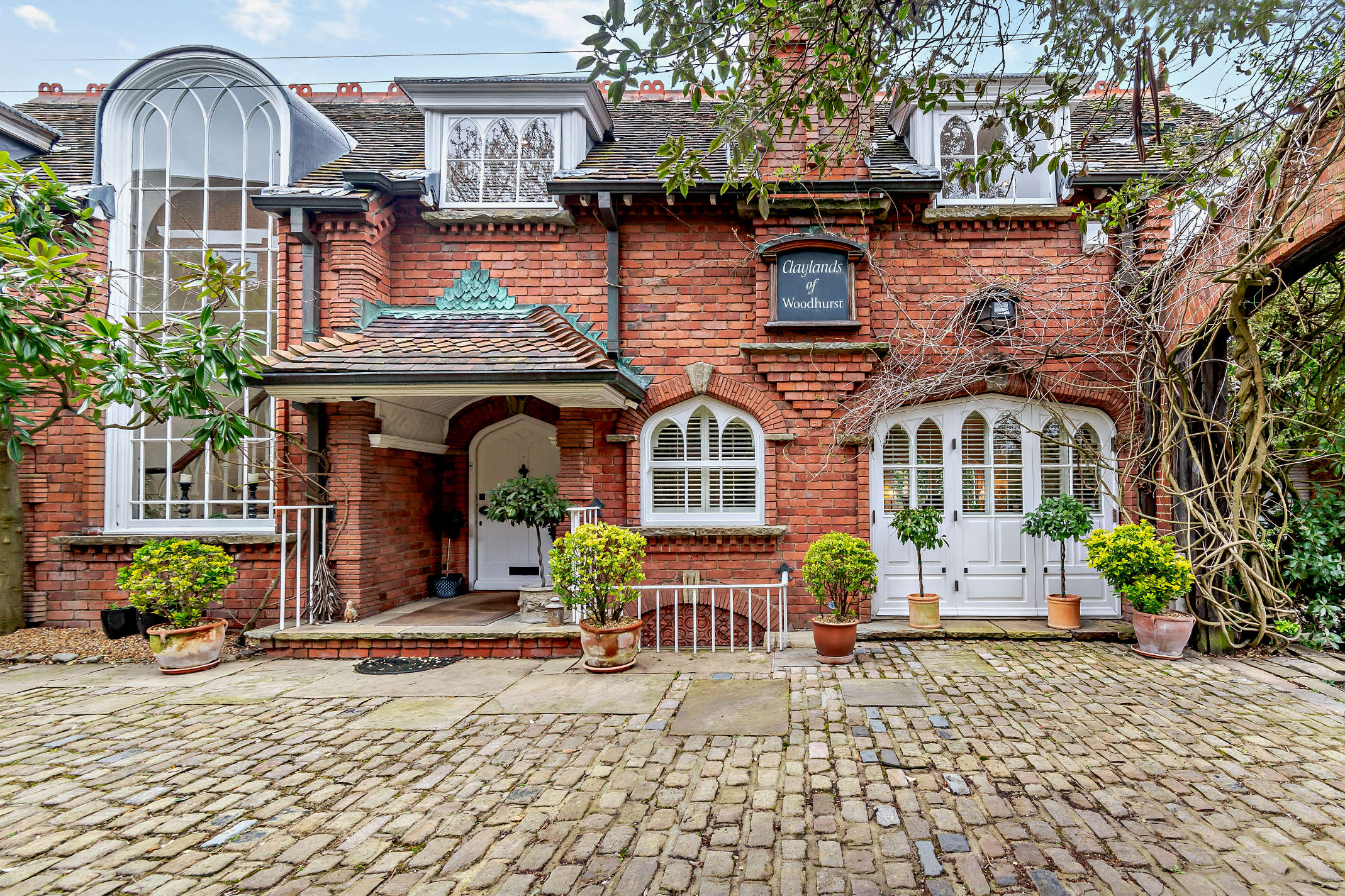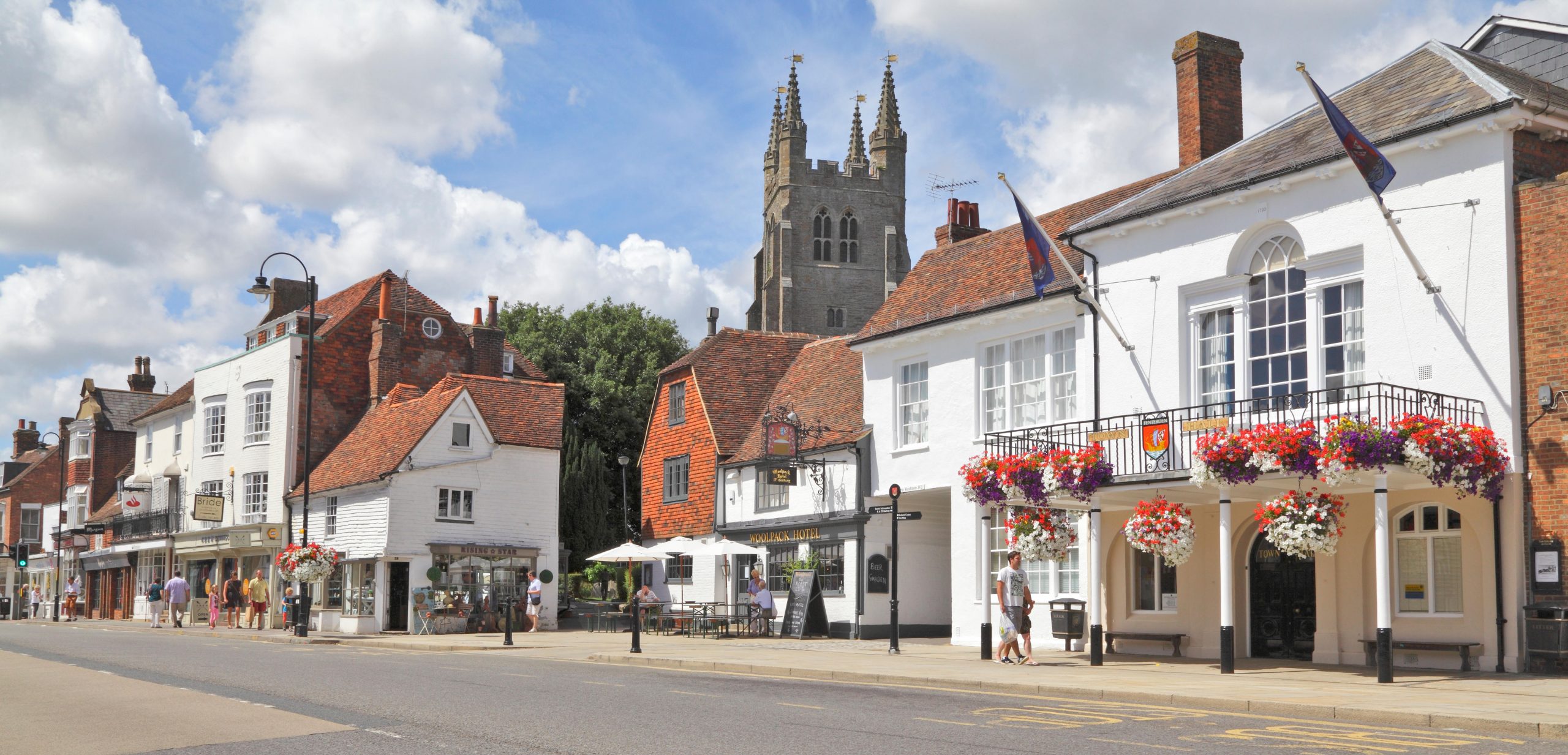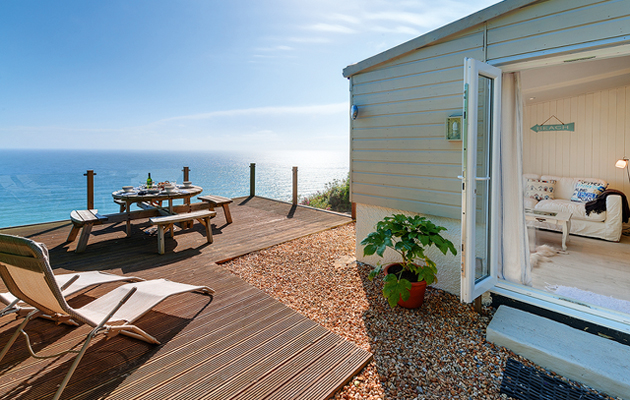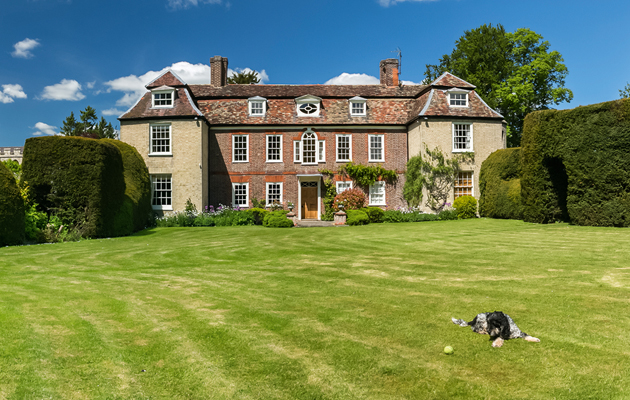Buying listed properties with unlawful alterations
What are the risks of buying a listed property which has been altered without consent


Many the properties launched in Country Life are among the estimated 680,000 listed buildings in the UK. The system was introduced after the Second World War to protect buildings of architectural merit. As a result, listed buildings may not be demolished, extended or altered without special permission from the local planning authority.
Inevitably, not everyone complies. And, as tempting as it might be to overlook the work done on a house you're desperate to buy, you risk incurring the cost of sorting out work that didn't have the appropriate listed-building consent, points out solicitor Suzanne Bowman from Adams and Remers.
‘The listing can include anything within the curtilage of the house, so you might be instructed by the local authority to undo unlawful work on a converted outbuilding that provides extra rooms, or to remove a swimming pool. You'll lose the value of this extra space or leisure facility and the price should also take into account the need to remove these recent additions,' she explains. Such a purchase might also create mortgage difficulties, Mrs Bowman continues. ‘Most lenders want to know if building work on a listed property has the right consent.'
There is, of course, the option to push the onus onto the seller to rectify the problems, but this could hold up the purchase. In the end, you don't want to be saddled with a country house you can't easily sell on. Richard Gayner from Savills' country department adds that many people confuse planning consent with listed-building consent. ‘If no one finds out the work was done without planning permission, the problem can disappear with the passage of time. However, there is no such thing as a time limit on listed-building consent and it's a criminal act to alter a listed building without the correct permission.'
There is an element of risk that needs to be weighed up carefully, believes Mr Gayner. ‘You might find it simple to reinstate something that was taken out, for instance, but if the only natural light for a principal room is from an illegal skylight, you could be better off giving the property a miss.' A solicitor carrying out a local search for the buyer will ask whether any alterations have been made to the building since 1948, and to the best of the seller's knowledge whether they had listed-building consent. It can be difficult to answer those questions if a house has been in a family for ages, and a lack of proper consent could be down to ignorance rather than anything else, suggests Dawn Carritt of Jackson-Stops & Staff.
‘Conservation officers are more professional and understanding these days about this grey area,' she says. ‘They recognise that someone doesn't want a 16th-century house with 19 bedrooms and only one bathroom. You probably won't be allowed to seriously cut through very old panelling, but you will be able to carry out work that retains the integrity of the building.'
Miss Carritt cites the example of Grade II*-listed Shurland Hall, a medieval gatehouse in Kent thought to have been extended for a visit by Henry VIII and Anne Boleyn in 1532. The Spitalfields Trust has sensitively restored the property, which is now on the market at £2 million with Jackson Stops & Staff, ‘illustrating that it's possible to put a bathroom into a listed building, which was clearly originally designed not to have any bathrooms at all'.
Sign up for the Country Life Newsletter
Exquisite houses, the beauty of Nature, and how to get the most from your life, straight to your inbox.
‘It's likely you'd be able to take out indemnity insurance for undiscovered unauthorised works carried out by previous owners,' adds Neil Quinn at Yiangou Architects, who feature on ProjectBook (www.projectbook.co.uk), a website that helps owners of listed properties. However, it can be difficult to indemnify against known unapproved works, he cautions.
Listing: quick facts
- Grade I (2.5% of total)-a building of ‘exceptional interest'; Grade II* (5.5%)- ‘particularly important, of more than special interest'; Grade II (92%)-‘nationally important and of special interest'
- All pre-1700 buildings in anything like their original condition are listed, as are most of those built in 1700-1840. Post-1945 buildings have to be exceptionally important to be listed.
www.english-heritage.org.uk
* For more property features like this every week, subscribe and save
Country Life is unlike any other magazine: the only glossy weekly on the newsstand and the only magazine that has been guest-edited by HRH The King not once, but twice. It is a celebration of modern rural life and all its diverse joys and pleasures — that was first published in Queen Victoria's Diamond Jubilee year. Our eclectic mixture of witty and informative content — from the most up-to-date property news and commentary and a coveted glimpse inside some of the UK's best houses and gardens, to gardening, the arts and interior design, written by experts in their field — still cannot be found in print or online, anywhere else.
-
 380 acres and 90 bedrooms on the £25m private island being sold by one of Britain's top music producers
380 acres and 90 bedrooms on the £25m private island being sold by one of Britain's top music producersStormzy, Rihanna and the Rolling Stones are just a part of the story at Osea Island, a dot on the map in the seas off Essex.
By Lotte Brundle Published
-
 'A delicious chance to step back in time and bask in the best of Britain': An insider's guide to The Season
'A delicious chance to step back in time and bask in the best of Britain': An insider's guide to The SeasonHere's how to navigate this summer's top events in style, from those who know best.
By Madeleine Silver Published
-
 What to expect when you're expecting (to move to the countryside)
What to expect when you're expecting (to move to the countryside)On March 28, agents Michael Graham will be showcasing some of their best countryside properties at their west London office.
By James Fisher Published
-
 Property Talk: When is the right time to downsize?
Property Talk: When is the right time to downsize?Sometimes our homes can get too big for us, meaning it’s time to downsize. Here, we speak to those involved with the process.
By James Fisher Published
-
 How to win in the property market: Tips from some of Britain's best buying agents
How to win in the property market: Tips from some of Britain's best buying agentsWhether looking for the perfect family home or negotiating on price, buying agents do the heavy lifting–and are well used to analysing the market. Carla Passino gets advice from a few of the best.
By Carla Passino Published
-
 Top tips on renting your holiday home
Top tips on renting your holiday homeThe holiday-home market on the Cornish coast looks set for a lively summer. Arabella Youens finds out how to make the running costs bearable.
By Arabella Youens Published
-
 Tips and advice for holiday home owners
Tips and advice for holiday home ownersWith the start of the summer season nearly upon us, more and more country-house owners are dipping into the short-let scene.
By Country Life Published
-
 Property guide to Elstead
Property guide to ElsteadFreddie Mack shares the secrets of Elstead in Surrey, a prime spot for young families looking for properties outside London near good schools
By Country Life Published
-
 Property guide to Cheriton
Property guide to CheritonIf you're considering buying property in or around Cheriton this year, take a look at our property guide which covers where to buy, what prices to expect and where to have fun in the area
By Country Life Published
-
 Make your holiday let work for you
Make your holiday let work for youIf you're considering renting out your holiday property prepare by reading this first
By Country Life Published
